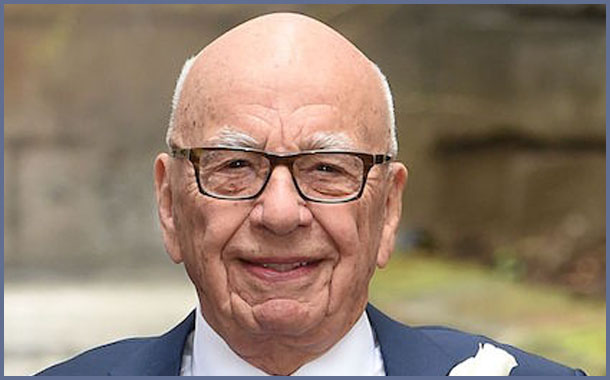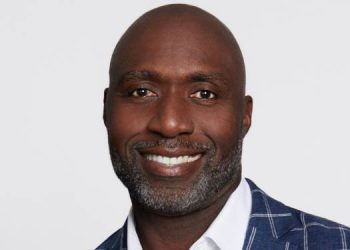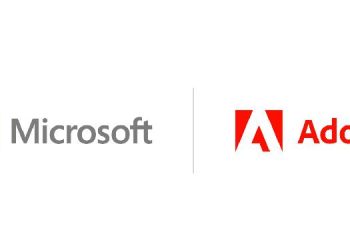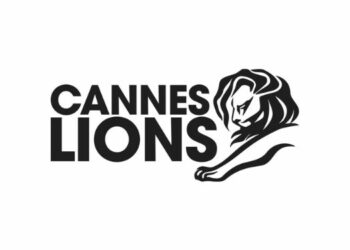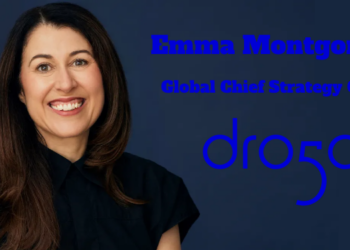American media mogul Rupert Murdoch has issued a statement where he weighs in on the ongoing discussion about the role of social media and how it has changed the media landscape.
Soon after Facebook announced big changes to the Newsfeed, which would essentially show less content from brands and publishers and more content from friends, and Facebook’s desire to feature ‘trusted’ media sources to combat fake news, Murdoch expressed a number of concerns over the strategy – not least that publishers are not getting paid for content.
In the statement, Murdoch addresses Google and Facebook, and how the internet giants “have popularised scurrilous news sources through algorithms that are profitable for these platforms but inherently unreliable.” Moreover, he outlines how the remedies these companies have suggested are inherently not good enough.
“There has been much discussion about subscription models but I have yet to see a proposal that truly recognises the investment in and the social value of professional journalism,” the statement reads. And in a time where Facebook has faced serious charges of allowing (and even profiting off) the promotion of dissent and division, particularly in the USA, through its lax handling of fake news, he argues that trusted media sources are more important than ever.
Moreover, some 62% of American readers primarily get their news from Facebook and other social media platforms, with 18% doing so often, according to a study by Pew Research in 2016.
The solution? Pay publishers for their efforts and help sustain the ‘traditional’ model.
“The time has come to consider a different route. If Facebook wants to recognise ‘trusted’ publishers then it should pay those publishers a carriage fee similar to the model adopted by cable companies. The publishers are obviously enhancing the value and integrity of Facebook through their news and content but are not being adequately rewarded for those services. Carriage payments would have a minor impact on Facebook’s profits but a major impact on the prospects for publishers and journalists,” he concludes.
While the proposed solution looks elegant on paper, there are a number of hurdles to overcome. For starters, determining who exactly qualifies as a ‘trusted’ news source would be a difficult task, with many likely disagreeing with whichever media outlets get picked.
Additionally, in the traditional cable model viewers decide what they want to view, and pay substantial fees to access that content – which puts cable companies in a much better position to ‘share’ the revenue with publishers and channels, while Facebook’s users are monetised more passively through ads – and those users are passively monetised in much the same way once they visit the publisher’s websites.

